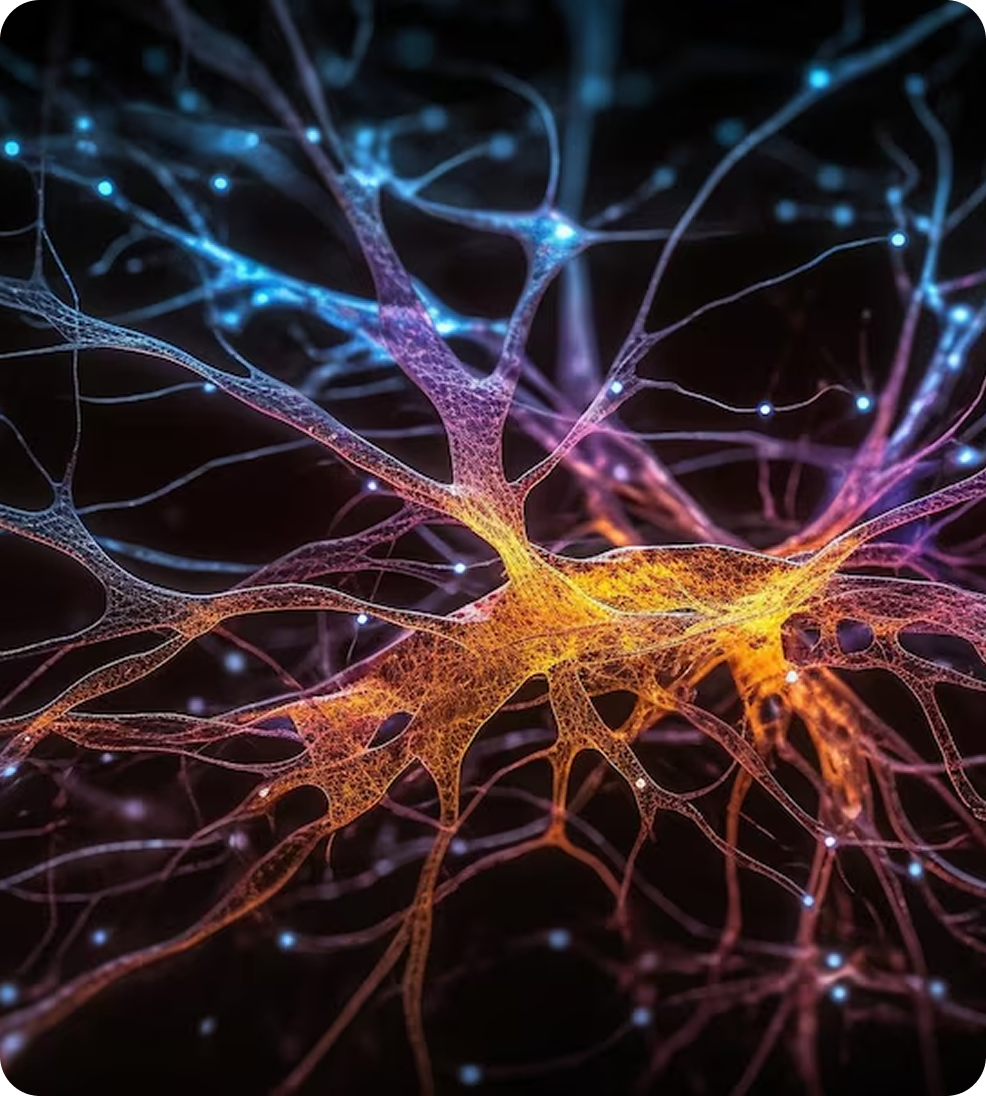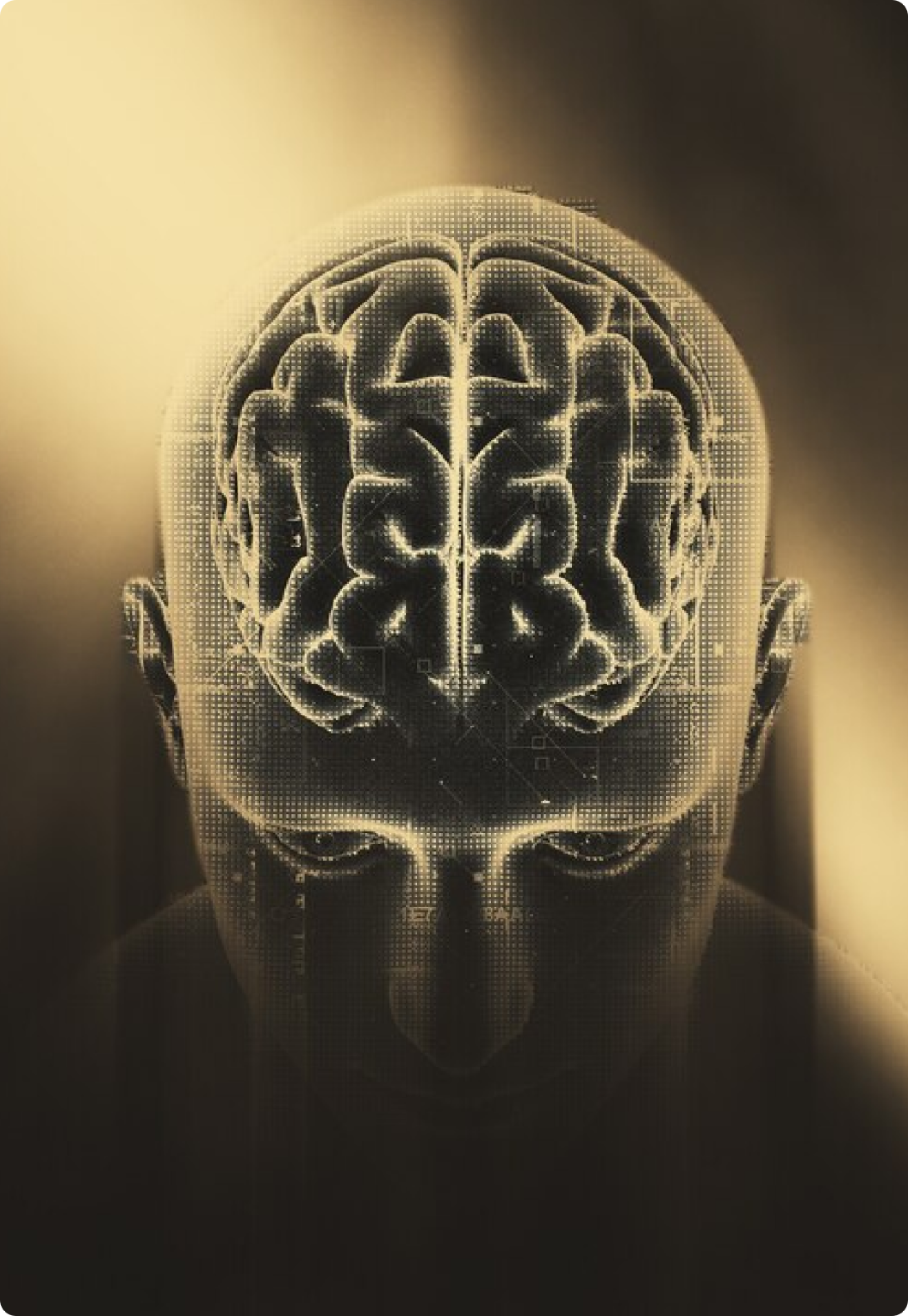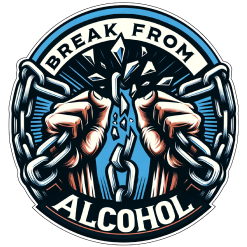The Science of Habit Change
If drinking has become automatic in certain moments, you can retrain the pattern. Break from Alcohol is built on habit-loop science, neuroplasticity, and practical tools you can use in real time.

Neuroplasticity and Habit Loops
Neuroplasticity is the brain's ability to adapt and change throughout a person's life. This capability allows neurons (brain cells) to form new connections and pathways in response to experiences, learning, and environmental changes. Essentially, neuroplasticity enables the brain to reorganize itself, both in structure and function.
Neuroplasticity is your brain’s built‑in power to rewire itself. Each time you replace a cue with a healthier action, the brain prunes the old pathway and strengthens a new circuit for control and clarity. Over days and weeks, those fresh pathways dominate, and start to feel automatic rather than forced. In short, neuroplasticity lets you upgrade your mental wiring, so freedom becomes your brain’s new default setting.
Here’s how it plays a crucial role in you regaining control over your habits

Habit Formation and Change
We utilize the Transtheoretical Model of Change, developed by Prochaska & DiClemente, to meet you where you are, whether you're just starting to consider a break or already committed. This proven model helps you move through the phases of transformation with support, not judgement or shame.

Rewiring Reward Systems
Alcohol can condition the brain to expect relief or reward at certain times (like evenings, weekends, or social settings). With repetition, those cues start to feel automatic. Neuroplasticity helps you build new reward pathways through movement, creativity, connection, and purpose, so the old routine loses intensity over time.

Coping Mechanisms
Neuroplasticity enables individuals to develop and strengthen new coping mechanisms for stress and challenges. By engaging in mindfulness techniques, the brain adapts, helping individuals better manage situations that may lead to slipping back into old routines.

Long-Term Changes
The adaptations resulting from neuroplasticity can lead to lasting changes in brain function and behavior. Over time, consistent engagement in these techniques can help solidify new, healthier thought patterns and behaviors, reducing the likelihood of returning to destructive habits or behaviors.

Scientific Support
Research has shown that the brain continues to change in response to experiences well into adulthood. This understanding supports various approaches in habit change, emphasizing the potential for individuals to reshape their lives and futures
In summary, neuroplasticity is fundamental to habit change, as it provides the framework through which individuals can learn new behaviors, create healthier relationships, and develop effective strategies for real change and create the life they desire.
What other strategies do we offer to support behavioral change?
Here are a few other key techniques that are discussed throughout the Break from Alcohol program:

Transtheoretical Model (Stages of Change)
Developed by Prochaska and DiClemente, this model outlines five stages of change: Precontemplation, Contemplation, Preparation, Action, and Maintenance. It emphasizes that individuals move through these stages at their own pace and that programs should be tailored to their current stage to facilitate progress.

Cognitive Behavioral Therapy (CBT)
CBT focuses on identifying and changing negative thought patterns and behaviors associated with an individual's habits. It helps develop strategies to manage, and improve well-being.

Motivational Interviewing (MI)
MI is a coaching approach that enhances an individual's motivation to change. It involves empathetic listening and open-ended questions, helping clients explore their ambivalence towards change and strengthening their commitment.

Social Learning Theory
Proposed by Albert Bandura, this theory emphasizes the role of observational learning, imitation, and modeling in behavior change. It suggests that individuals can learn new behaviors and coping strategies by observing others, which is particularly relevant in group coaching settings.

Self-Determination Theory (SDT):
This theory posits that individuals are more likely to change when they feel autonomous, competent, and connected to others. In the Break from Alcohol Community, we fostered building supportive relationships that enhance motivation and commitment to change.

These techniques and others provide the valuable foundation for understanding the complexities of our habits and help guide our members through the process of change, ultimately supporting their journey toward a life they desire and in control of their choices.
Claim Your 90‑Day Journey Today
Every day you delay is a day of lost clarity, energy, and growth. Take the step that fuels sharper decisions and stronger results—begin now.
Break from Alcohol is an education and coaching program for adults (21+) who want to cut back or take a break from alcohol. We do not provide medical treatment or emergency services.

Mission
Our mission is to be a source of inspiration, a guiding light, and unwavering support. Empowering individuals to create a happier, healthier, and more fulfilling life, by taking back control of their habits.

Find Us
Break from Alcohol, LLC 6860 South Yosemite Court Suite 2000 Centennial, CO 80112
Members Log in


